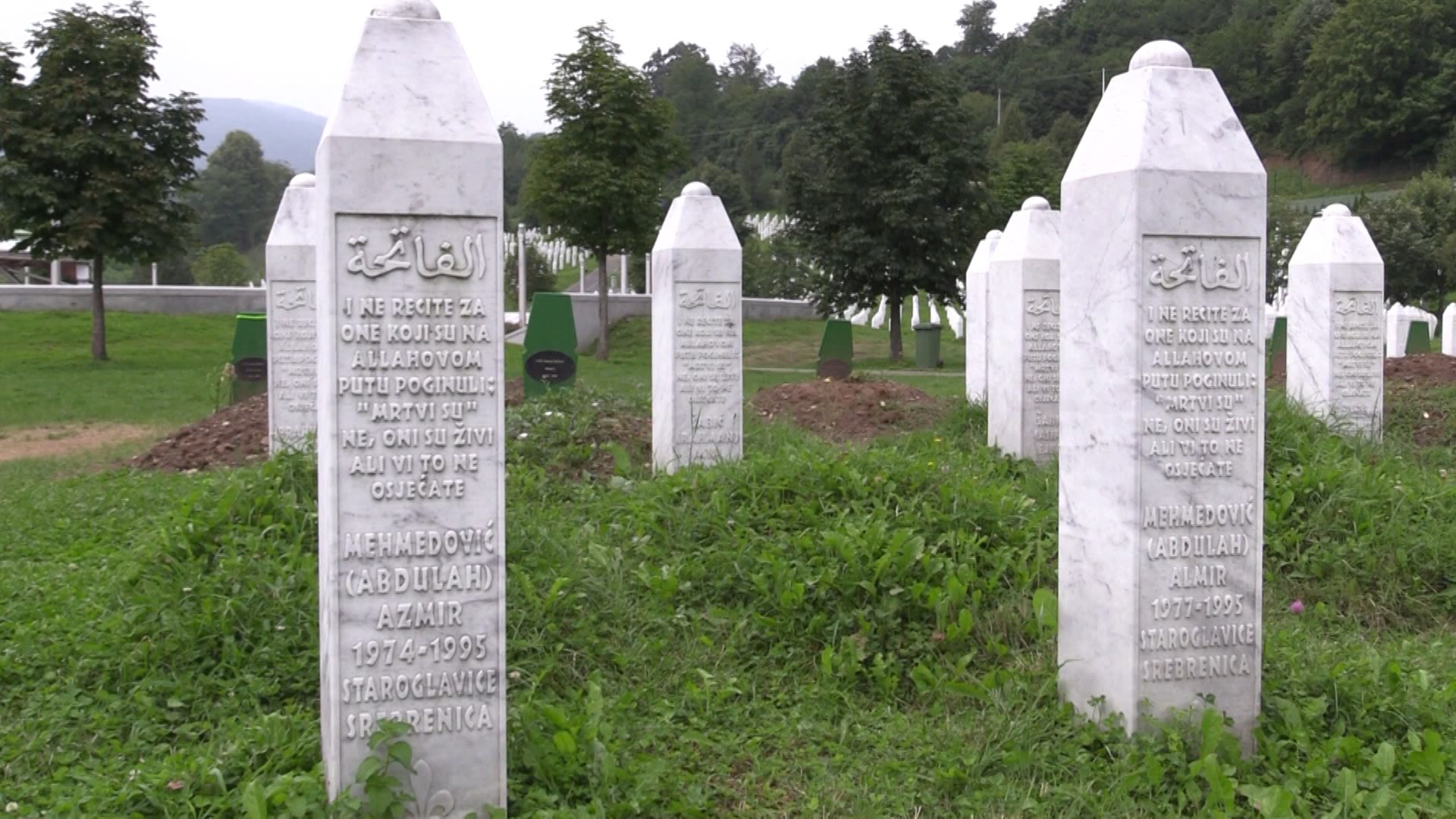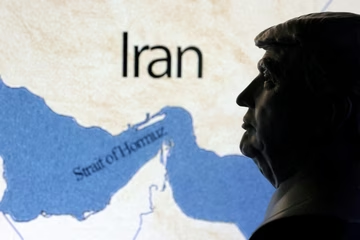
The Srebrenica genocide denial of Serbia’s PM on Thursday has sparked outrage among victims and officials in Bosnia, while experts say that with such an attitude, Serbia is not ready for reconciliation.
Speaking to Deutsche Welle’s journalist Tim Sebastian for the ‘Conflict Zone’ programme, Brnabic was answering questions regarding Kosovo, freedom of media in Serbia, war crimes, and the Srebrenica genocide.
When Sebastian pointed out that the Council of Europe demanded that Serbia admits the Srebrenica massacre was a genocide and that this has never been done, Brnabic said that what happened in Srebrenica was a grave crime, but not genocide.
“I don’t think it was a genocide (…) I think it was a terrible, terrible crime. But genocide is basically when you kill the entire population, women, children, and this was not the case,” Brnabic said.
The statement sparked outrage among survivors and Bosnian officials, with the Chairman of Bosnia’s Council of Ministers, Denis Zvizdic, responding in a written statement and saying that Brnabic is trying to minimise “the planned killing of more than eight thousand innocent civilians” with “uncivilised denial of the genocide.”
He wrote that the Serbian PM is disputing rulings by international courts and promoting genocide denial which he called “the final phase of its complete execution.”
“She is sending us a clear message that she supports the goals of it and that she is glorifying war criminals. As long as this is the case, there can be no reconciliation or coexistence in this region,” the head of the Association of Women Victims of War, Bakira Hasecic, told Deutsche Welle.
“Serbia is far from confronting the past, and with that, also far from the reconciliation process. Those who lost their loved ones in the genocide, mothers who are still searching mass graves for the remains of their children, are those most affected by genocide denial,” said Society for Threatened Peoples head, Fadila Memisevic.
“International courts have determined that there was a genocide committed in Srebrenica and Serbian officials cannot erase that,” said the head of the Movement of Mothers of Srebrenica and Zepa enclaves, Munira Subasic.
“But they can do something that will outlive me and Ana Brnabic - they can tell the truth, without which there is no trust or reconciliation,” she said, adding that “we must create a better future” for children, and that this cannot be done with lies and denial of historical facts.
“There would have never been reconciliation between Jews and Germans if Germans had not accepted the truth and punished their war criminals,” she said.
The Congress of North American Bosniaks even called for Bosnian officials and the international community representatives in the country to ban Brnabic from visiting Bosnia until she withdraws her “scandalous statement” and apologises to the victims.
Former Croatian PM, Jadranka Kosor, also condemned Brnabic’s stance on the issue.
“The head of the Serbian Government denies the genocide in Srebrenica and the decision of the International Criminal Tribunal in the Hague,” she said.
“That is because her stance is the same as that of her boss (Serbian President Aleksandar Vucic). And the same as the one maintained by the newly elected member of Bosnia’s Presidency (Bosnian Serb leader Milorad Dodik) who is hailing Mladic as a hero. This is that ‘European path’,” Kosor’s tweet said.
She was referring to Ratko Mladic, who was convicted in a first instance ruling at the Hague-based International Criminal Tribunal for the Former Yugoslavia for crimes against humanity, including the genocide in Srebrenica.
Former European Parliament and German Bundestag MP, Doris Pack, also reacted on social media.
“Unbelievable, and falsifying history,” Pack tweeted.
According to Luka Misetic, the lawyer of former Croatian general Ante Gotovina, Serbia cannot hope for EU membership with this attitude.
“I am happy that the journalist asked something which I have been talking about for years: until Serbia admits that a genocide was committed in Srebrenica, it cannot be accepted in the European Union,” he tweeted.
“The genocide in Srebrenica is not something that happened by accident,” Sarajevan historian and author of ‘Holocaust in Bosnia and Herzegovina’, Eli Tauber, told Deutsche Welle.
It “was planned and committed so that a part of the Bosniak population could be destroyed” in the Srebrenica area, he said, adding that “one of the phases of the execution of genocide is denying that it ever happened.”
“We can see that the PM’s definition of genocide is completely wrong, as if she does not know what she is talking about,” Tauber said.
On July 11, 1995, Bosnian Serb forces overran the eastern Bosnian enclave and rounded up the town’s Muslim Bosniaks, separated men from women and little children and systematically executed some 8,000 men and boys.
Two international courts, The International Criminal Tribunal for the Former Yugoslavia (ICTY) and the International Court of Justice (ICJ) later ruled that the massacre was an act of genocide.
The 1948 UN Convention on the Prevention and Punishment of the Crime of Genocide defines the crime as “any of the following acts committed with intent to destroy, in whole or in part, a national, ethnical, racial or religious group,” listing “killing members of the group; causing serious bodily or mental harm to members of the group; deliberately inflicting on the group conditions of life calculated to bring about its physical destruction in whole or in part; imposing measures intended to prevent births within the group; [and] forcibly transferring children of the group to another group."
Kakvo je tvoje mišljenje o ovome?
Učestvuj u diskusiji ili pročitaj komentare





 Srbija
Srbija
 Hrvatska
Hrvatska
 Slovenija
Slovenija



























































